An ancient shark has just been found in the North Atlantic by scientists. They were aware that this shark had aged, but they were unaware of its exact age until lately. It is thought to be 512 years old, which is a very long time.
If it’s true, the elderly shark would be the oldest vertebrate still alive on Earth at 512 years old.
Due to their slow growth, greenland sharks typically live longer than the majority of other species. Despite the fact that 500 years may seem like a very long time, it is true. The average lifespan of this type of shark is 150 years, but there have been reports of sharks surviving to be 400 years old. There is no doubt that a record has been broken with the latest finding of a 512-year-old.
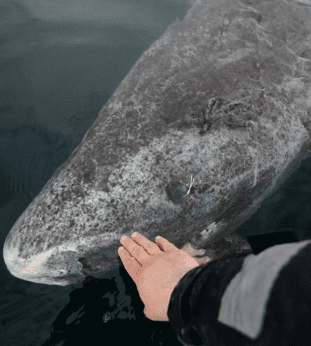
Shakespeare was written 512 years before this shark was born in 1505.
A study that was published in the journal Science detailed the discovery. The estimated age of Greenland sharks was determined using radiocarbon dating of their eye lenses, which was discovered by marine biologist Julius Nielsen and his team.
The biologist declared, “It definitely tells us that this creature is unique, and it should be thought of as one of the oldest animals in the world.”
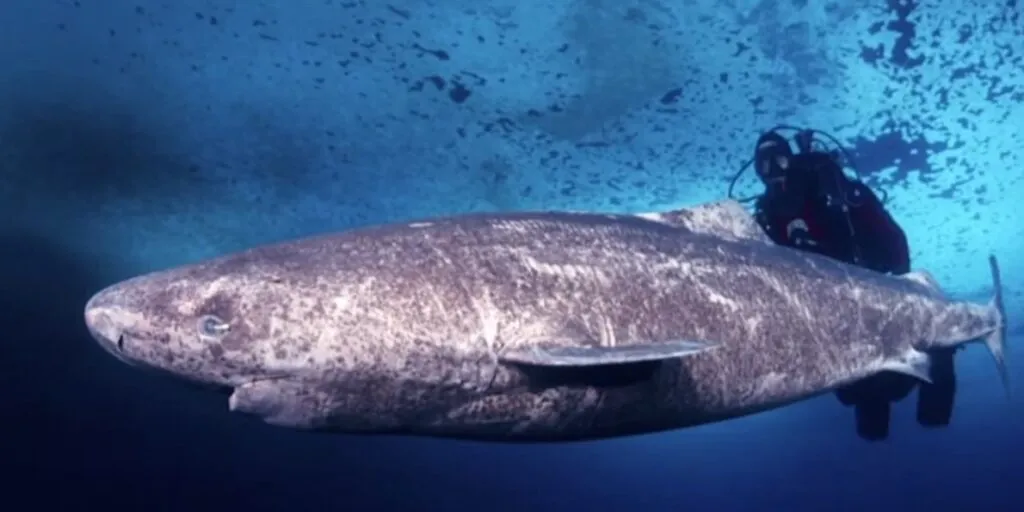
This study disproves the conventional wisdom held by academics and scientists by demonstrating that Greenland sharks can live far longer than previously believed.
For this article, data on at least 28 Greenland sharks were gathered and examined. The new method is superior to the older ones, which might have been more accurate in estimating the age of these sharks.
Historically, scientists have substituted an animal’s size for its length. Every year, members of the “Somniosidae” shark family add 0.4 inches to their overall length. This method is not regarded as scientifically trustworthy because it can only provide a rough estimate of a shark’s age once it reaches a particular level of maturity.
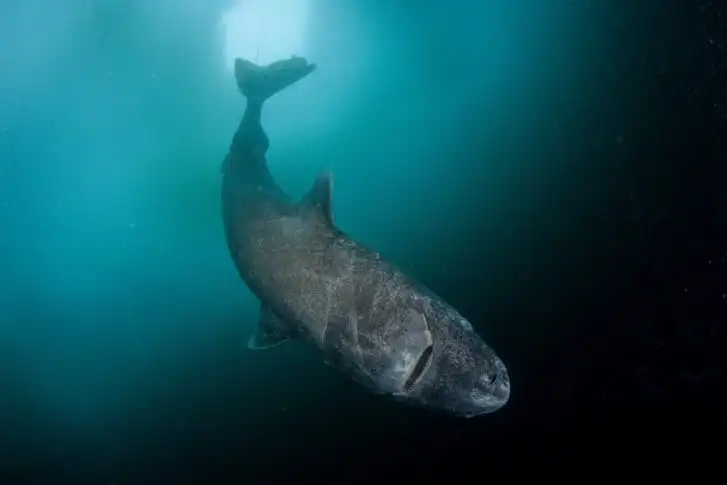
“Fish biologists have attempted to determine the age and life span of Greenland sharks for decades without success. Expert Steven Campana from the University of Iceland stated, “Given that this shark is the top predator (king of the food chain) in Arctic waters, it’s almost hard to believe that we didn’t know whether the shark lives for 20 years or 1,000 years.”
Professor Nielsen has devoted almost his entire professional life to researching Greenland sharks. The expert displayed a photograph of a dead polar bear, which the creatures are known to consume. He also claims that the species’ eyes don’t appear to be in great shape due of the parasites that adhere to them.
Since these sharks have a lifespan of hundreds of years, you will be able to locate them in numerous locations for a very long period. Researchers examined sharks from all over the world and discovered very consistent genetic data. They interpret this as evidence that sharks originated from a common ancestor and then dispersed globally. The chilly waters of the Arctic are ideal for this fish, even if experts are unsure of how Greenland sharks breed.
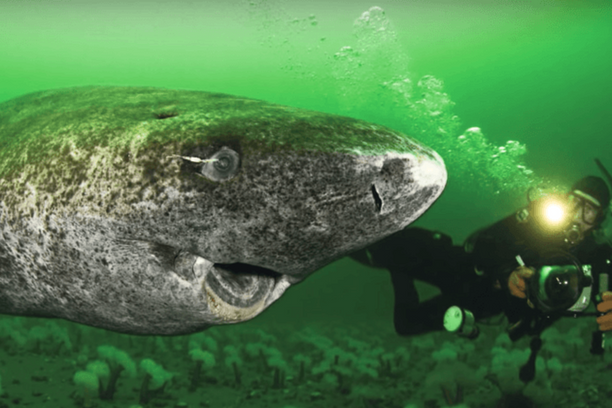
Because the Greenland shark has an unusually long lifespan compared to other vertebrates, scientists are interested in learning more about it.
The longer-living genes in sharks and other animals will be compared by scientists to see if there is a connection.
He declared, “This is the longest-living vertebrate on Earth.” We are currently sequencing its entire nuclear genome alongside our colleagues from Denmark, Greenland, the US, and China. This will enable us to understand why Greenland sharks outlive other sharks and animals.
The researcher believed that the fact that the shark resided in cold water, which slowed down its metabolism, was the reason it might have survived for more than 500 years. However, he immediately states that this is only a theory and that more investigation is required.
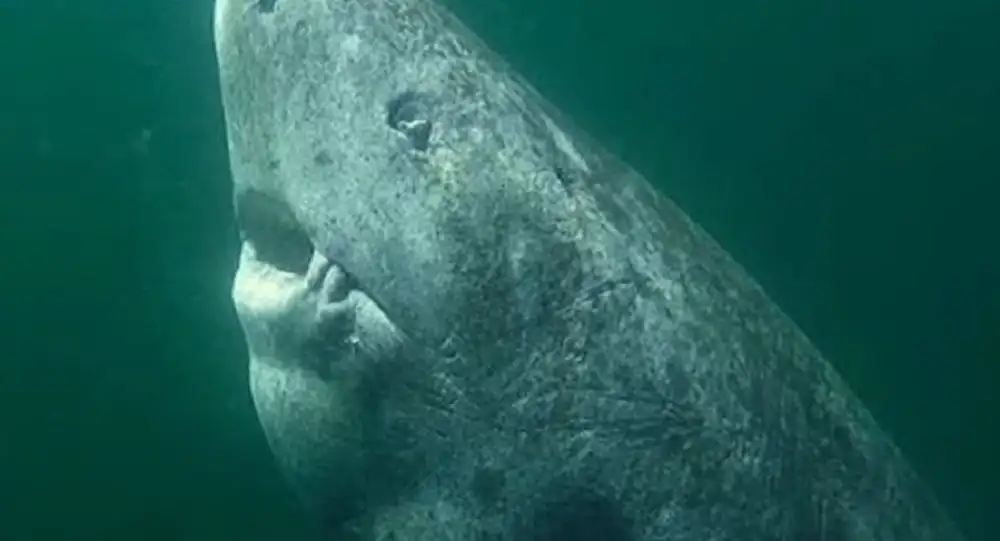
They live in cold water and have a very slow metabolism, which is the most plausible explanation. I’m only announcing this. I’m not sure.



